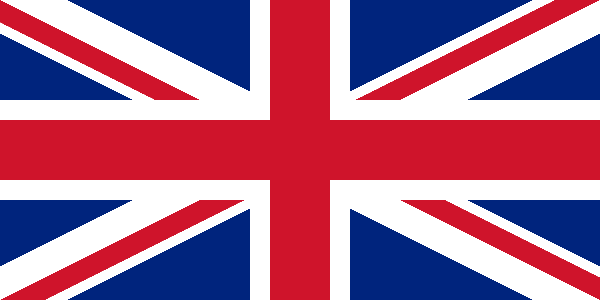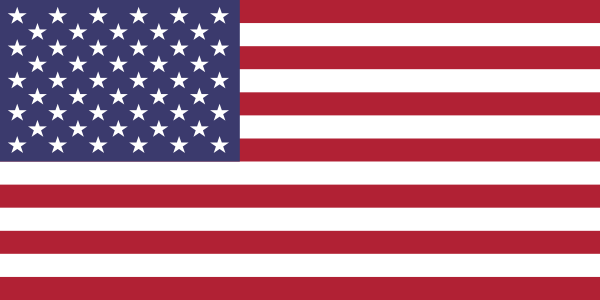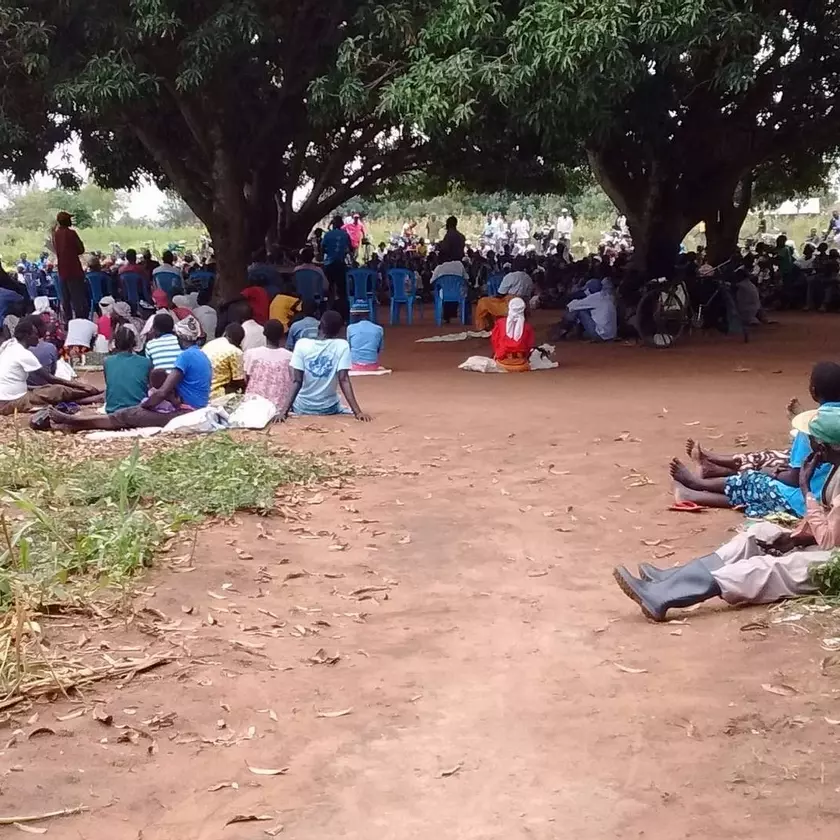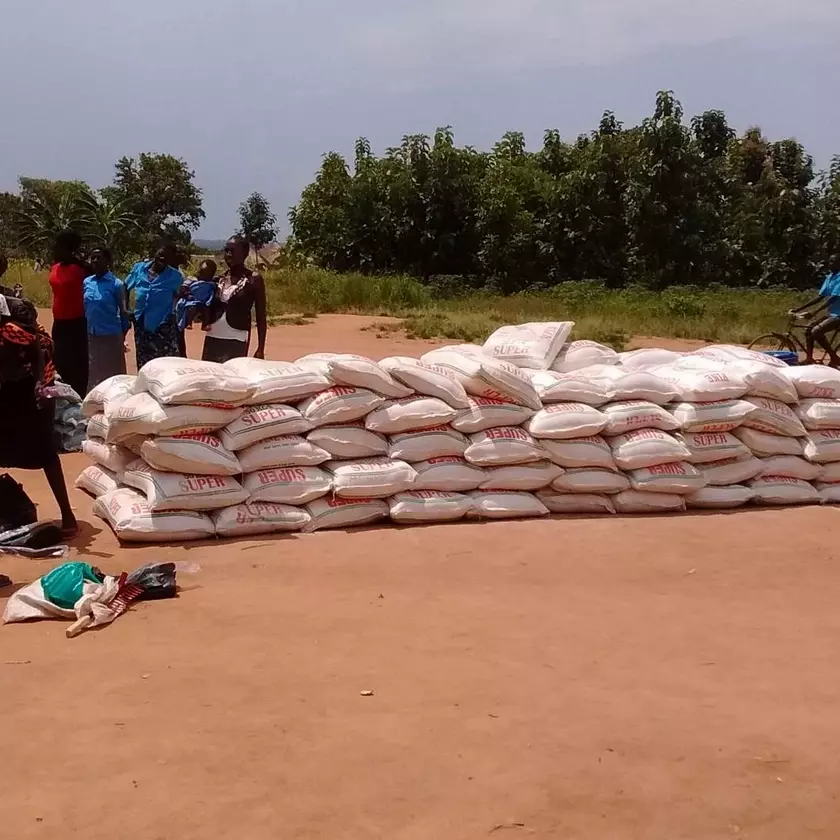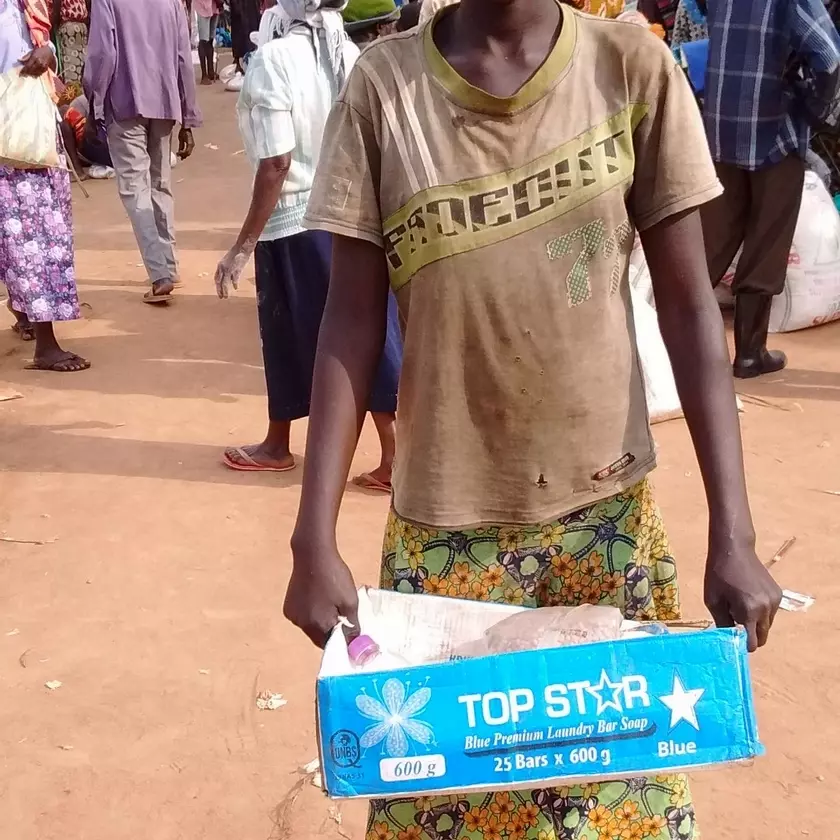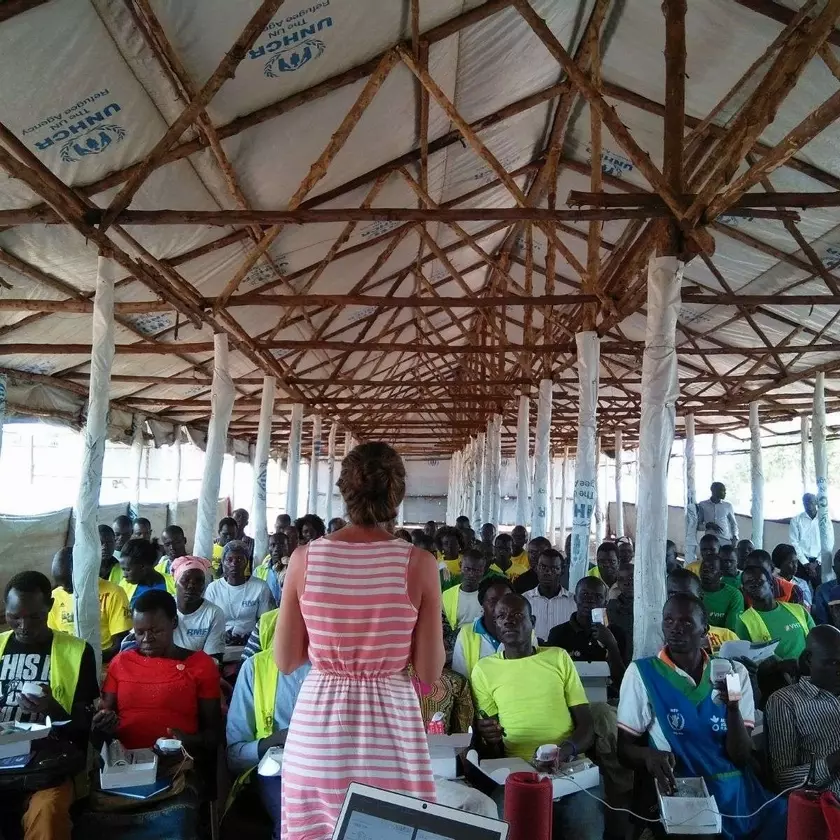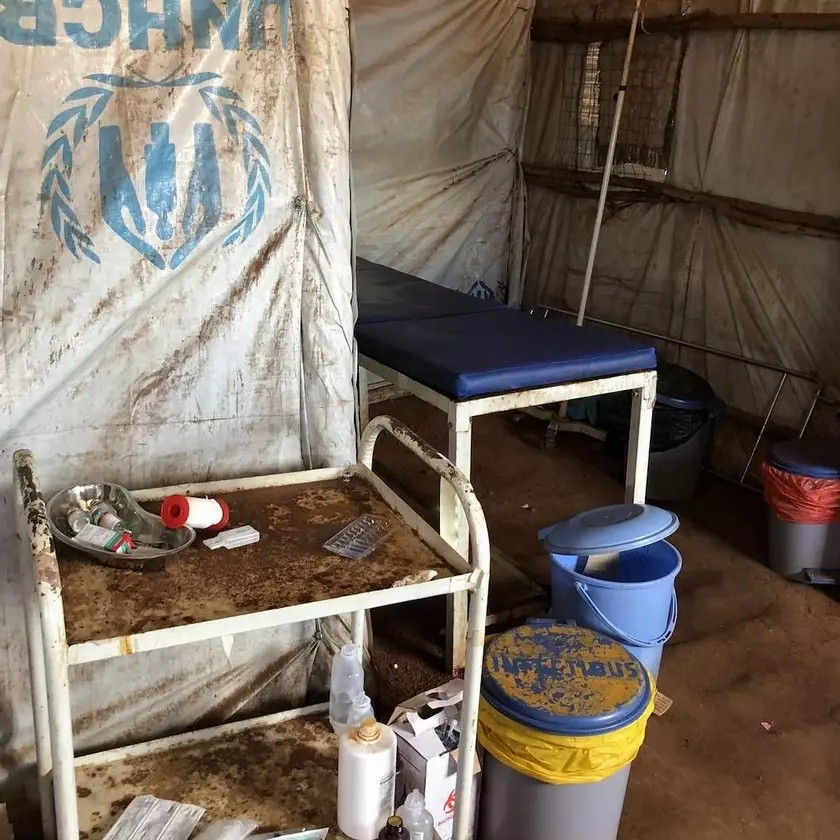Zero Hunger
Last Friday thanks to your support, 900 displaced refugees fleeing from the South Sudan war received emergency food aid and support. Picture below: families turning up to distribution
One lady, a 33 year old widow with four children who'd tragically lost her husband in the war, shared; 'I'm full of joy in my heart that I'm benefiting from this project. It is my first time to benefit in such a great programme.' Another little boy in an old Arsenal top shared, 'I'm happy because today my mother got food so today I'm going to eat.' It's humbling to know that at times our support is the difference between a family eating or a family not.
Food insecurity is a major issue amongst South Sudanese refugees. Between 2016 and 2017 Global Acute Malnutrition amongst the refugee population in Uganda actually increased from 7.2% to 9.5%, with rates of anaemia amongst children 6-59 months critical in all but one refugee settlement. It's why we take this issue so seriously.
Alongside the 900 people who received emergency food aid, we've also started training and equipping another 100 of the most vulnerable individuals from this displaced community in farming so they can produce their own agriculture. We're fighting for zero hunger.
The last few weeks have also seen the end of the first phase of our CRADLE Uganda work. In the last 4 months in partnership with Kings College London, UNHCR & BMS, we've distributed over 600 CRADLE devices to 17 Health Facilities and 451 Volunteer Health Teams in one of the largest refugee camps in the world (Bidibidi = 280,000+ people). Picture below: Training
The CRADLE device is a new automated blood pressure and heart rate device. It has a unique traffic light system alerting even non-medical users of an appropriate response to a potentially life-threatening reading. Over 50% of maternal mortalities globally are caused by conditions that require appropriate monitoring of heart rate/blood pressure. However, as we found in Bidibidi when we started, health facilities in such a crisis often lack basic equipment, including simple and urgent equipment like blood pressure devices.
In the community, Volunteer Health Teams (VHTs) also lacked the ability to identify high risk pregnancies and other severe cases of hypertension in the adult population. Despite the best efforts of UNHCR and its health partners, not enough funds are being committed to this crisis, making conditions hard. Yet, following the training, in one 6 week period alone amongst a group of the VHTs, over 2,280 referrals were made from the community thanks to the CRADLE device and our work. Now that implementation is complete in Bidibidi, our efforts turn to phase two. The implementation of the device in another Uganda refugee settlement.
These are just two examples of what we've been up to in East Africa in the last few months. This doesn't even include some amazing support we've received to help some refugee lead schools, our partnership with UNHCR distributing Plumpy'Nut across refugee settlements to treat acute malnutrition (thanks to Edesia), or our preparations for another wheelchair distribution with The Walkabout Foundation.
Together we're making a difference, but there's more to do! We're fighting for a world with zero hunger, we're fighting for a world where women and babies don't die unnecessarily in childbirth, we're fighting for a world where people with disabilities have the same rights and opportunities as everyone. Will you join the fight?
Join the fight by signing up to our newsletters: SIGN UP ON OUR HOMEPAGE
Join the fight by donating today: DONATE TODAY
Join the fight by joining our 3 Peaks Challenge Team: JOIN THE TEAM
